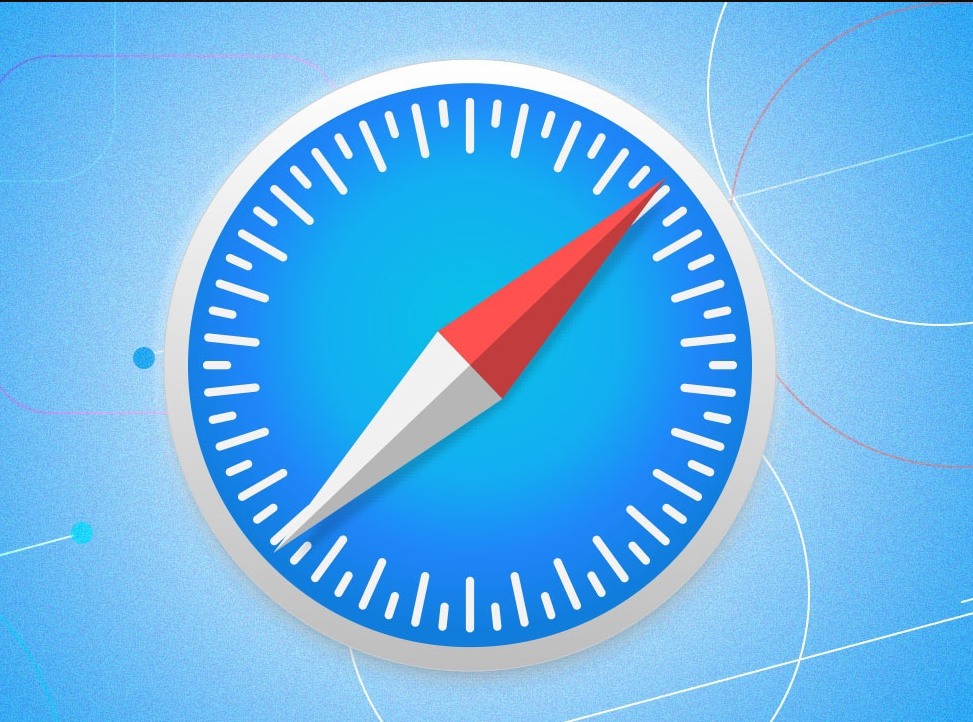Imagine you've got a goldmine of customer data at your fingertips. Well, you're not dreaming. With Customer Data Platforms (CDPs), you can turn that vision into reality.
CDPs help you uncover insights, design personalized experiences, and ultimately, serve your customers better. Now, isn't that a marketer's dream come true?
Join us as we delve deeper into the power of CDPs and how they're revolutionizing the marketing landscape.
Understanding the Role of Customer Data Platforms in Marketing
In order to fully comprehend the role of Customer Data Platforms in marketing, you've got to dive into the heart of data-driven strategies. At its core, a CDP allows you to collect, organize, and analyze customer data in a way that's not just efficient but also illuminates your customers' needs and behaviors. It's like having a map to guide you through the complex landscape of customer behavior.
You know how crucial it's to serve your customers well. A CDP aids you in doing just that. It's not about bombarding your customers with irrelevant ads; it's about understanding them, their needs, their preferences, and delivering personalized experiences that'll make them feel valued.
Imagine a platform that provides a unified view of your customer data. That's a CDP. It integrates data from various sources - your website, social media, CRM system, and more, creating a single customer profile. This profile isn't just a bunch of numbers and facts, but a story of your customer's journey with your brand.
With a CDP, you're not just marketing, you're serving - providing value, building relationships, and making your customers' experiences with your brand truly unforgettable.
Key Features and Functions of Effective CDPs
So, what're the key features and functions that make a Customer Data Platform truly effective for your marketing success? Let's delve into this.
- Unified Customer View: An effective CDP should enable you to create a unified, 360-degree view of your customers. It should pull data from all touchpoints and channels, providing you with a comprehensive understanding of your customers' behaviors and preferences.
- Real-Time Data Processing: Your CDP should be able to process and update data in real-time. This ensures that you're always working with the most current information, allowing you to respond to changes in customer behavior promptly.
- Segmentation Capabilities: The power to segment your customer data into different groups based on various factors such as purchasing behavior, demographic, etc., is crucial. This allows for more personalized and targeted marketing strategies.
- Integration with Other Platforms: Your CDP should easily integrate with other marketing tools you're using. This ensures seamless data flow and makes your marketing efforts more effective and efficient.
How CDPs Enhance Customer Segmentation and Personalization
You'll find that CDPs greatly enhance customer segmentation and personalization, offering you an unprecedented advantage in your marketing strategies. CDPs provide you a comprehensive view of your customers, which helps you segment them into different categories based on their behavior, preferences, and demographics. This way, you can craft personalized marketing messages that resonate with each segment.
CDPs also enable you to personalize your interactions with customers. You can tailor your communication, products, and services to suit the unique needs and preferences of each customer segment. This personal touch can significantly improve your customer engagement and loyalty.
To illustrate, here's a summary highlighting the benefits of using CDPs for customer segmentation and personalization:
- Improved Customer Understanding
- CDPs provide deep insights into customer behavior, preferences, and demographics.
- These insights enable you to tailor your offerings to meet individual customer needs.
- Enhanced Customer Engagement
- Segmented marketing messages resonate more with customers.
- Personalized experiences make customers feel valued, boosting their engagement.
- Increased Customer Loyalty
- Customers are more likely to stay loyal if they feel understood and valued.
- Personalization fosters a sense of uniqueness, further enhancing customer loyalty.
Case Studies: Successful Marketing Campaigns Powered by CDPs
Let's dive into some real-world case studies where businesses have successfully leveraged the power of CDPs to supercharge their marketing campaigns. These examples demonstrate how using CDPs can lead to remarkable results.
- Hyatt Hotels Corporation: They adopted a CDP to unify guest data from various sources. The results were impressive: a 50% increase in email open rates and a 33% increase in conversion rates.
- Starbucks: The coffee giant used a CDP to streamline its loyalty program, resulting in increased customer engagement and spending.
- Lululemon: This fitness brand used a CDP to drive personalized interactions, leading to a significant lift in revenue per email sent.
- Glossier: The beauty brand harnessed the power of a CDP to better understand their customers and deliver personalized experiences, resulting in increased customer loyalty and sales.
Through these case studies, you see firsthand how CDPs can transform your marketing efforts. It's not just about having data; it's about using it wisely to serve your customers better, leading to improved business outcomes.
Harness the power of CDPs today and watch your marketing campaigns fly.
Overcoming Potential Challenges in Implementing CDPs
While it's clear that CDPs can be a game changer for your marketing campaigns, you might also encounter a few hurdles when you're trying to implement them.
The first challenge can be data privacy concerns. You must be mindful of customers' data rights. Consent management should be a top priority. It's crucial to comply with data privacy regulations like GDPR and CCPA to avoid hefty fines and reputational damage.
Another obstacle could be data silos. If your business's data is scattered across different systems and not integrated, it can hinder the effectiveness of your CDP. To overcome this, you need to streamline your data collection and storage processes.
You may also face challenges in getting buy-in from stakeholders. It's important to communicate the benefits of CDPs effectively and assure them of the return on investment.
Lastly, finding the right CDP that suits your specific needs can be a daunting task. Make sure you do thorough research and consider the scalability, flexibility, and functionality of the platform.
Future Trends: The Evolving Landscape of CDPs in Marketing
In the rapidly changing world of marketing, you're not just dealing with the current capabilities of CDPs, but also anticipating future trends. These can offer fresh opportunities and pose new challenges.
As you adapt and grow, consider these four exciting trends that are shaping the future of CDPs in marketing:
- AI and Machine Learning: CDPs are becoming smarter. They're starting to use AI and machine learning to analyze data, predict customer behaviors, and automate marketing tasks. This isn't just a trend, it's the future, promising more precise targeting and improved customer experiences.
- Real-Time Data Processing: The ability to analyze data in real-time will become critical. This means you'll be able to react quickly to customer behavior, making your marketing efforts more effective.
- Privacy and Compliance: With new regulations like GDPR, privacy and data compliance have become hot topics. CDPs will need to ensure they're meeting these standards.
- Integrations: The future of CDPs is about seamless integration with other marketing tools. This will help streamline your processes and make your marketing efforts more unified.
AdFixus and CDP’s
AdFixus is proud to be integrated into the world’s leading CDPs. We have started to build out our Integrations section to help customers understand what is required.
Frequently Asked Questions
How Can I Ensure the Security and Privacy of Customer Data While Using a Cdp?
To ensure customer data security and privacy while using a CDP, you'll need to implement strong data protection measures. Use encryption for data at rest and in transit.
Set up robust user access controls and regularly audit your systems.
It's also important to keep software up-to-date and comply with all relevant privacy laws. Remember, trust is key in serving your customers, so take their data privacy seriously.
What Are the Costs Involved in Integrating a CDP Into My Existing Marketing Infrastructure?
You're looking at costs for software licensing, data migration, system integration, and possible staff training when integrating a CDP into your existing marketing infrastructure. Prices vary based on the complexity of your needs and the solutions you choose.
It's crucial to invest wisely, as the right CDP can streamline your marketing efforts, providing better customer insights, personalization, and ultimately, improved service.
How Do CDPs Compare to Other Data Management Platforms, Like CRM and DMP Systems?
CDPs shine in comparison to other platforms like CRM and DMP systems.
Imagine you're running a soup kitchen. A CRM might tell you who's attending, a DMP might suggest who else might come.
But a CDP? It'll provide a holistic view of both groups, their preferences, and interactions. It's like knowing not just who's coming for soup, but what kind they like, and when they prefer to eat.
You're serving others more effectively with a CDP.
What Kind of Training or Skill Sets Does My Team Need to Effectively Use a Cdp?
For your team to effectively use a CDP, they'll need training in data analysis and interpretation. Understanding how to segment and target customers is crucial. They should be savvy with tech, specifically CDP software. But don't worry if they're not experts yet. Many CDP providers offer training programs.
Are There Any Industry-Specific CDPs Available in the Market?
Yes, there are industry-specific CDPs available. They're tailored to meet the unique needs of different sectors like retail, finance, or healthcare.
For instance, a retail-focused CDP might have features for loyalty program management.
It's crucial to identify your industry-specific needs and find a CDP that matches them.
This will ensure you're not paying for unnecessary features and that your chosen platform can truly drive your marketing success.
Conclusion
You've seen the power of CDPs in action, transforming marketing strategies and personalizing customer experiences.
Overcoming potential implementation challenges is worth it - companies utilizing CDPs see a 20% increase in sales.
The future of marketing is evolving with CDPs at the helm.
Don't get left behind - harness this tool and make your data work for you.













